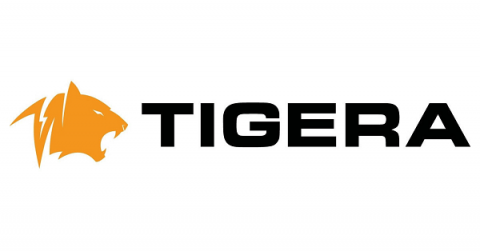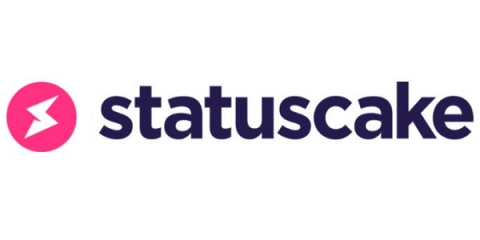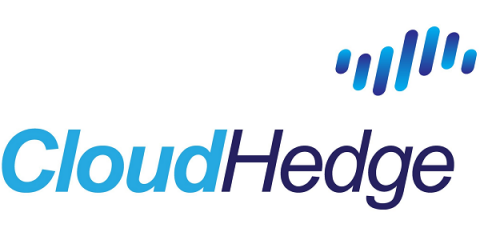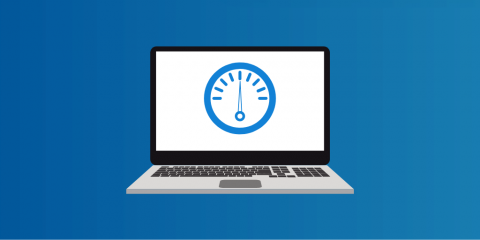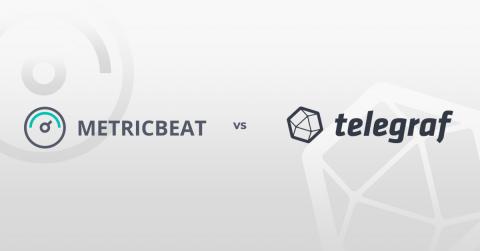Five worthy reads: Should NoOps be your new operations strategy?
Five worthy reads is a regular column on five noteworthy items we’ve discovered while researching trending and timeless topics. This week, we discuss whether NoOps is just a buzzword, a far-fetched reality, or simply the next evolutionary state of DevOps.



